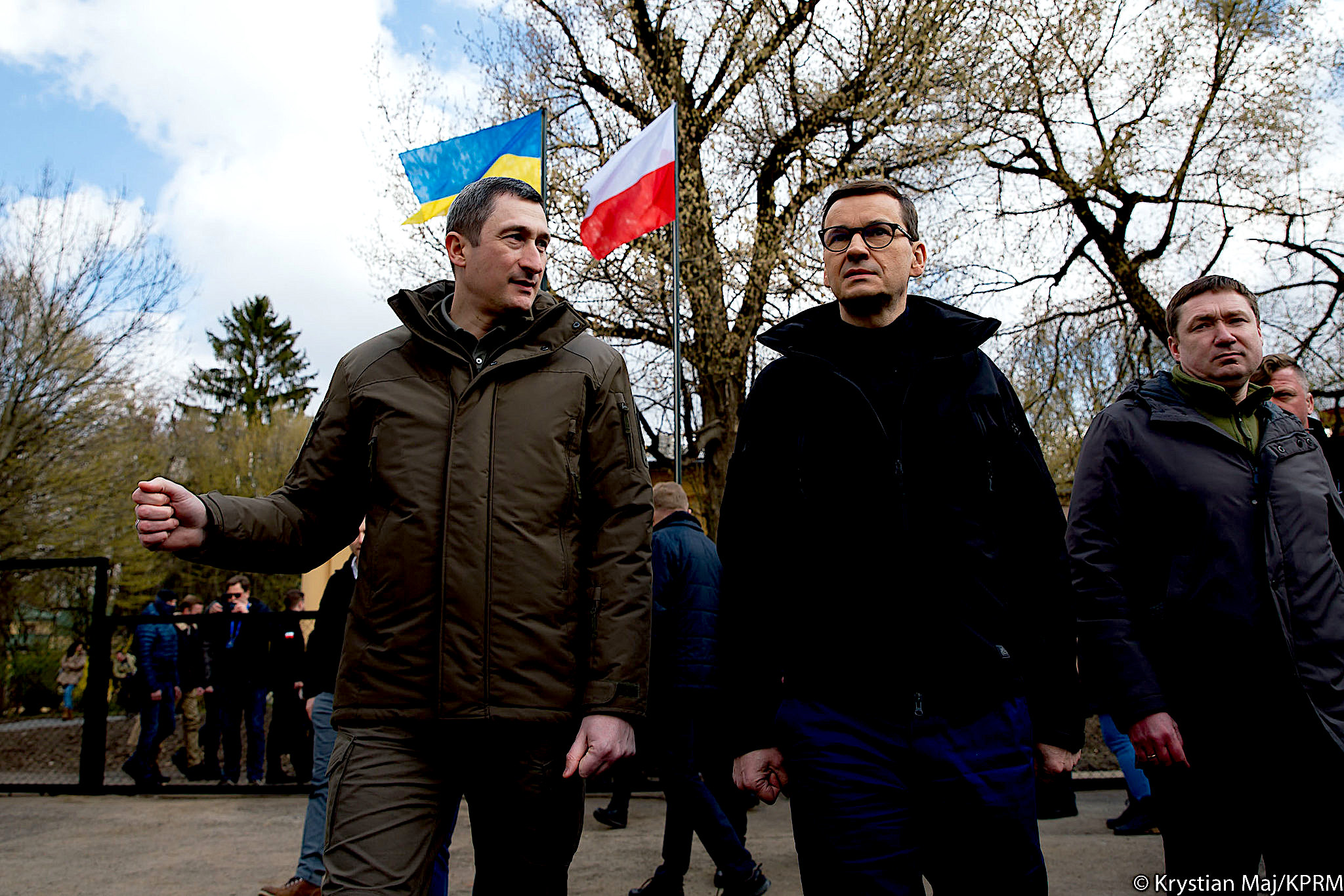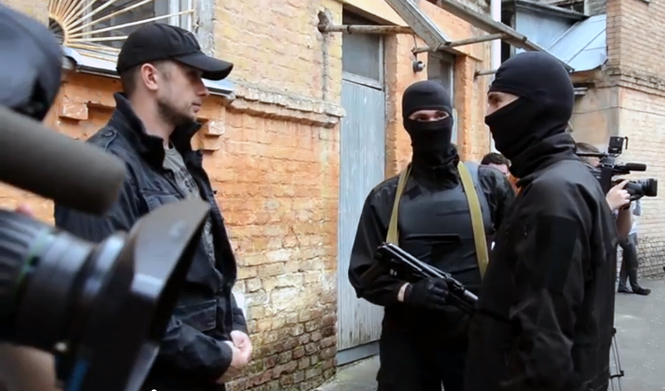Even neighboring Poland, a staunch ally of Kiev in the ongoing war with Russia, has criticized the Verkhovna Rada’s Jan. 1 celebration of the birthday of Stepan Bandera.
By Peoples DISPATCH
Ukraine’s support for neo-Nazi groups and its attempts to officially recognize pro-Nazi legions and Nazi collaborators from World War II have been steadfastly criticized by communists and other anti-fascist groups in the region.
Kiev’s supporters in Europe and North America have, until now, maintained a complicit silence about these maneuvers. However, the latest gesture by the Ukrainian parliament — cheering on the birthday of the Nazi collaborator Stepan Bandera — has drawn sharp criticism even from neighboring Poland, its staunch ally in the ongoing war with Russia.
On Jan. 1, a post celebrating the 114th birthday of Stepan Bandera — notorious Ukrainian far-right leader and World War II Nazi collaborator — was tweeted from the official handle of the Verkhovna Rada, the Ukrainian parliament.
Ukrainian parliament tweets references Stepan Bandera, a Ukrainian ultra-nationalist and antisemite whose followers engaged in a campaign of ethnic cleansing against Jews and Poles during World War IIhttps://t.co/uUfxt3SzB3
— Haaretz.com (@haaretzcom) January 2, 2023
According to reports, the tweet contained “a quote from Stepan Bandera and a photo of the Ukrainian Armed Forces chief, General Valery Zaluzhny, with a large portrait of the Nazi collaborator in the background.” After receiving a significant amount of criticism, it was later deleted from the twitter handle of Verkhovna Rada.
.@verkhovna_rada why delete your tweet praising Bandera? Aren’t you proud of your Nazi history? pic.twitter.com/ldO7cCXkUg
— ??V??é?? ?? ? (@Navsteva) January 2, 2023
The tweet triggered spontaneous outrage from Poland, otherwise a staunch supporter of Kiev and President Volodymyr Zelensky. On Jan. 2, Polish Prime Minister Mateusz Morawiecki denounced the glorification of Stepan Bandera by the Ukrainian parliament.

Polish Prime Minister Mateusz Morawiecki, right, visiting Kiev on April 19, 2022. (Kancelaria Premiera, Flickr, CC BY-NC-ND 2.0)
While addressing the media on Jan. 2, Morawiecki stated, as per RT, that “no nuances were possible that would make the continued glorification of Nazi collaborator Stepan Bandera palatable,” adding that Bandera’s nationalists had committed “terrible crimes.” He is reported to have said that Poland would not tolerate the minimization of those crimes.
On the same day, Israel’s Haaretz newspaper also slammed Ukrainian authorities for celebrating and quoting an anti-Semitic Nazi collaborator.
Virulent Decommunization

Andriy Beletsky, commanding officer of the special Ukrainian neo-Nazi police regiment Azov, with volunteers in 2014. (My News24, CC BY 3.0, Wikimedia Commons)
Successive governments that came into power in Ukraine following the anti-Russian Euromaidan coup of 2014 have initiated a virulent campaign of decommunization.
They have also attempted to normalize support for far-right Ukrainian nationalist legions, and their leaders, from World War II, who were Nazi collaborators and mass murderers of Jews, people in Poland and fellow Ukrainians.
Neo-Nazi groups like Right Sector and the Azov Battalion have been active in post-Maidan Ukraine and continue to be active belligerents in the ongoing Ukraine-Russia war.
[Related: On the Influence of Neo-Nazism in Ukraine]
Bandera was the leader of the Organization of Ukrainian Nationalists (OUN), a far-right, ultra-nationalist Ukrainian militant group that collaborated with Nazis during World War II, fought against the Soviets and perpetrated mass murders of ethnic Jews, Poles and pro-Soviet Ukrainians. After World War II, Bandera was settled in West Germany and cooperated with Western intelligence services including MI6 in its anti-Soviet activities.
In 2010, Ukrainian President Viktor Yushchenko awarded Bandera with the posthumous title of “Hero of Ukraine” — in order to please hyper-nationalist sections in the country. Even this courted criticism from the EU, Poland, Israel, Russia and many other countries.
Later, the decision to confer the award on Bandera was annulled by President Viktor Yanukovych. In the aftermath of the Euromaidan coup of 2014, which ousted the pro-Russia Yanukovych, right-wing militias that consider Bandera a hero were given free rein in the country and support from the governments of Petro Poroshenko and Volodymyr Zelensky. Since then, Ukrainian nationalists have regularly marked Bandera’s birthday on Jan. 1 with torch-lit marches and demonstrations.
On Jan. 4, Roman Kononenko from the Communist Party of the Russian Federation (CPRF) told Peoples Dispatch that
“if someone today is not yet able to draw an elementary parallel between accusations against Ukraine that it has become a neo-Nazi state, and state-level glorification in this country of the Nazi accomplice and bloody executioner of the peoples Stepan Bandera, then this person is either criminally stupid or deliberately turns a blind eye to obvious things.”
Peoples Dispatch via consortiumnews.com








